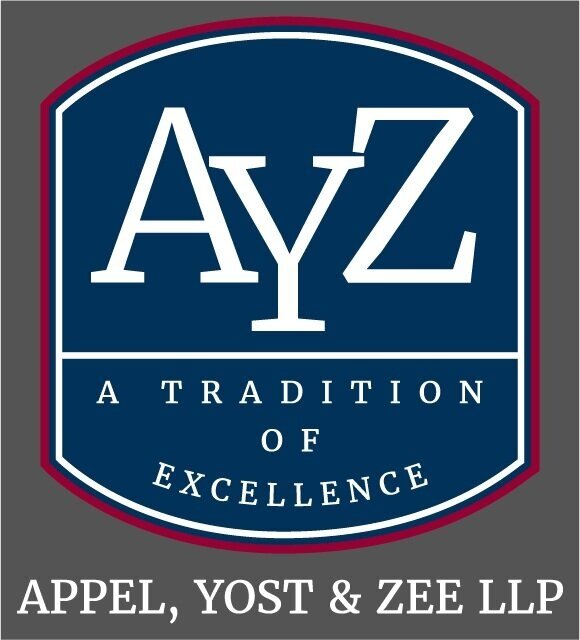United States Supreme Court to Consider Affirmative Action in College Admissions
By William J. Zee & Megan E. Bomba
January 24, 2022
The United States Supreme Court added consideration of another significant issue impacting education to its docket for the coming term. In Students for Fair Admissions Inc. v. President & Fellows of Harvard College, plaintiffs allege that Harvard, along with the University of North Carolina (UNC), discriminate against Asian Americans in the admissions process.
Students for Fair Admissions (SFFA), an organization working to remove racial considerations from college admissions, alleges that Harvard imposes a “racial penalty” on Asian American applicants by systematically scoring them lower in some categories than other applicants. SFFA further asserts that the university awards “massive preferences” to Black and Hispanic applicants. Harvard, a private university, denies the group’s claims and maintains its consideration of race is in line with Supreme Court precedent.
Lower courts rejected the challenges, citing previous Supreme Court holdings that permit universities to consider an applicant’s race in admissions decisions, including a 4-3 decision in 2016 affirming how the University of Texas at Austin admissions program addressed applicants’ race. In 2020, a federal appeals court held that Harvard considered race in a limited manner.
As for UNC, SFFA brought similar claims against the state university. UNC prevailed in federal district court; the court recognized UNC’s intention to produce a diverse student body and the benefits associated with such efforts. The case against UNC has not considered by the federal appeals court, but the Supreme Court granted certiorari in tandem with the challenge to Harvard’s procedures, to consider affirmative action in admissions at both private and public universities.
The issues that will be addressed include: (1) Whether the Supreme Court should overrule Grutter v. Bollinger and hold that institutions of higher education cannot use race as a factor in admissions; and (2) whether Harvard College is violating Title VI of the Civil Rights Act by penalizing Asian American applicants, engaging in racial balancing, overemphasizing race and rejecting workable race-neutral alternatives.
It appears likely that the matter will be considered by the Court in the fall. The Appel, Yost & Zee Education Group will continue to monitor the case as it develops.
Should you have any questions about this case or any other admissions-related issue, please do not hesitate to reach out to William J. Zee or any of the attorneys in the Appel, Yost & Zee Education Group.
